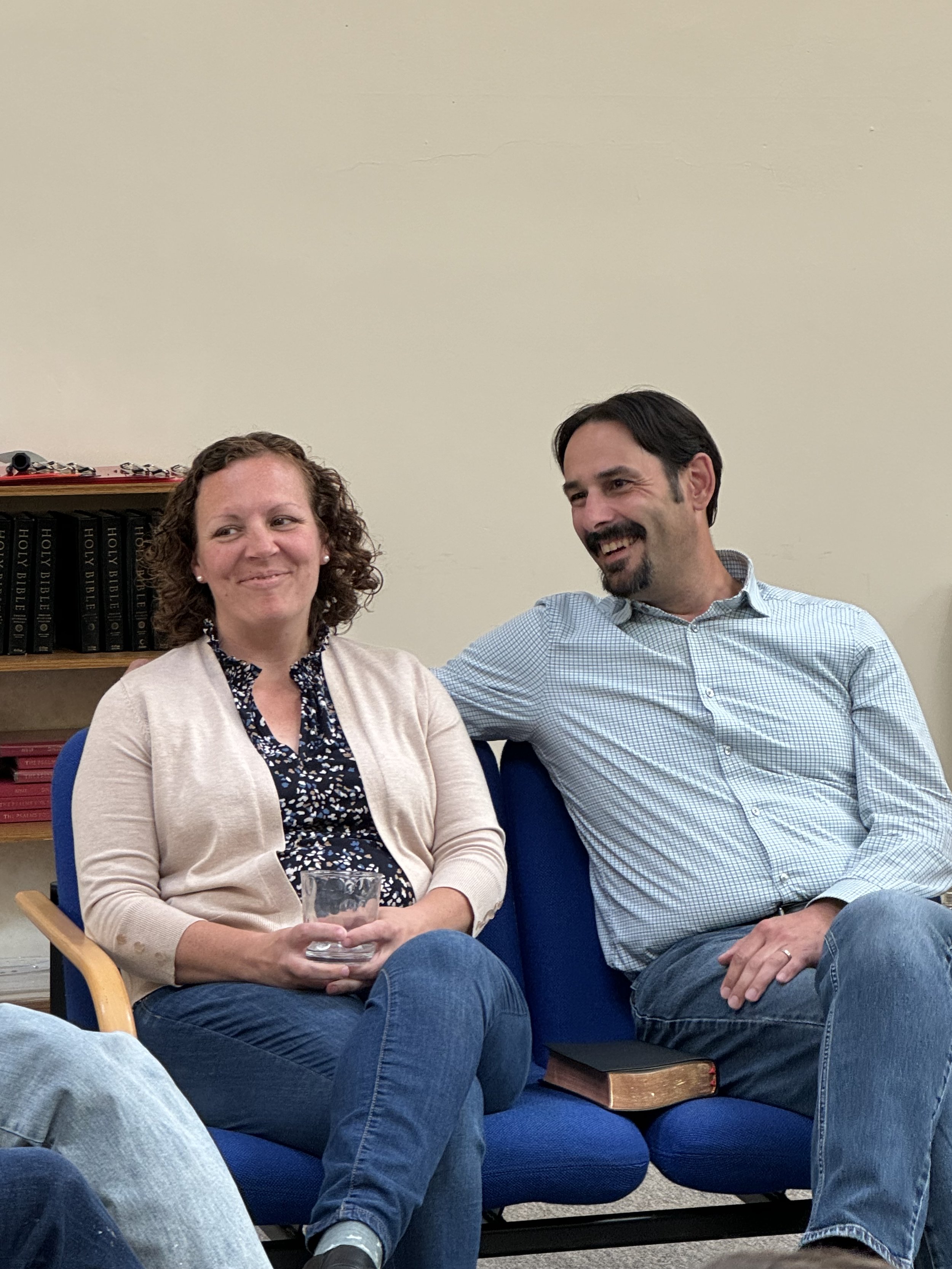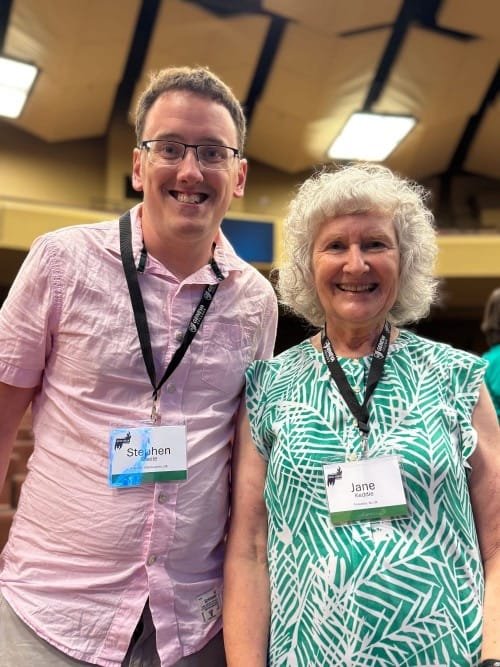Which religion has more holy days than the Catholic Church? According to secular lesbian feminist Kathleen Stock OBE it is the ‘increasingly empty religion’ of Pride. Writing in the Times at the beginning of Pride Month in June, Stock noted that with its dedicated days, crusader pennants, mystical symbols and elaborate robes, the religious nature of Pride is hard to miss.
Religions have their apostates and heretics – those who once believed, or whose beliefs are deemed unacceptable by their community. Stock, formerly Professor of Philosophy in Sussex, is one of these – a lesbian herself, but now a persona non-gratia in the LGBT community. Those like her are ‘ideologically excluded’ from the Pride movement ‘because of their “antiquated” beliefs about the importance of biological sex to the definition of sexual orientation’.
Concerns from such ‘heretics and apostates’ have only grown since the publication of the Cass Review into gender identity services in England was published in April. In her review of NHS services, Dr Hilary Cass noted that what would have been ‘considered normal clinical practice when working with other groups of children and young people’ risked attracting allegations of ‘conversion practice’ when it came to transgenderism.
Addressing young people directly, she said: ‘I have been disappointed by the lack of evidence on the long-term impact of taking hormones from an early age; research has let us all down, most importantly you’. While ‘tragically deaths by suicide in trans people of all ages continue to be above the national average, there is no evidence that gender-affirmative treatments reduce this’.
She also noted that ‘there are few other areas of healthcare where professionals are so afraid to openly discuss their views, where people are vilified on social media, and where name-calling echoes the worst bullying behaviour’.
Are those who share such concerns welcome at Pride marches? The organisers of Pride in London have made clear they are not. In 2018, a group of women carrying placards such as ‘lesbian = female homosexual’ were denounced by the march’s organisers as ‘shocking and disgusting’, and demonstrating ‘a level of bigotry, ignorance and hate that is unacceptable’.
This, combined with the ‘sausage fest’ (Stock’s phrase) nature of Pride events means that ‘while straight women seem to treat the day as a kind of thrillingly exotic safari, lesbians, especially those with children, can get quite jaded by the outrageousness and kink’.
Like any religion, there will also be those who try to exploit such movements for their own purposes. Stephen Ireland, the founder of Pride in Surrey – and patron of a now-defunct government-funded gender identity group – was remanded in custody last month facing multiple counts of child sex abuse.
Above all, Pride comes closest to a religion in its desire to proclaim what defines us. As a pastor, however, I find its definition too narrow. I want to be free to refuse to define people by their sexual orientation. Our sexuality is a God-given component of who we are – but it is to limit human dignity to define us by it.
There’s nothing new here. From the beginning of time, human beings have tried to find our identity in things which aren’t of ultimate significance: work, reputation, money, success, sport, health, a relationship, children, politics, good deeds.
None of these things are wrong in and of themselves, but they are too small to build our identity on. They can’t bear the weight of all our hopes and dreams. Rather, they will collapse under that weight and crush us with them. If work is our identity, what happens when we lose our job, or retire? If our children become our identity, what happens when they disappoint us – or no longer have time for us?
How then should we define ourselves? Simply as human beings made in the image of God. Rather than looking to created things for meaning and significance, we should look to the Creator.
Doing so takes courage as it will reveal areas in which we fall short of his good design for our lives. But only by doing so will we be ready to hear the hope of the gospel. That hope is found in the one person who never put his trust in created things – Jesus Christ. And yet in the end he was crushed – not by putting his identity in the wrong thing – but by God himself.
Why? So that we might not be.
‘He was crushed for our iniquities;
upon him was the chastisement that brought us peace,
and with his wounds we are healed’.
Published in the Stranraer & Wigtownshire Free Press, 5th September 2024











